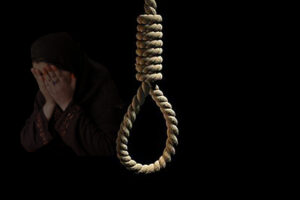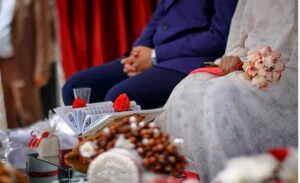KABUL (SW) – The Ministry of Enjoining the Good and Forbidding the Evil has called on female UN staff in Afghanistan to observe the hijab.
The statement also said that the Ministry of Interior’s investigators have said well that they are examining the employees’ hijab and if they do not comply, they will politely talk to the employees without hijab and ask them to wear hijab because it is mandatory when leaving the house.
UNAMA also said that a poster from the Ministry of Enjoining the Good and Forbidding the Evil had been erected at the UN office in Kabul, stating, “According to Islamic law, a Muslim woman must observe the hijab.”
The Ministry of Enjoining the Good and Forbidding the Evil recently issued a decree requiring the hijab to be mandatory. In this decree, “black chador and hijab” were mentioned as examples of hijab and it was emphasized that it is better for women to leave the house only when needed.
The order met with widespread reactions. Following the reactions, Akef Mohajer, a spokesman for the Ministry of Enjoining the Good and Forbidding the Evil, released a video saying that the content of the decree had been distorted. According to him, it is not only obligatory to wear the burqa, but also the “Arabic hijab and chadar used in the country’s villages”, which is also considered a hijab.
ENDS






